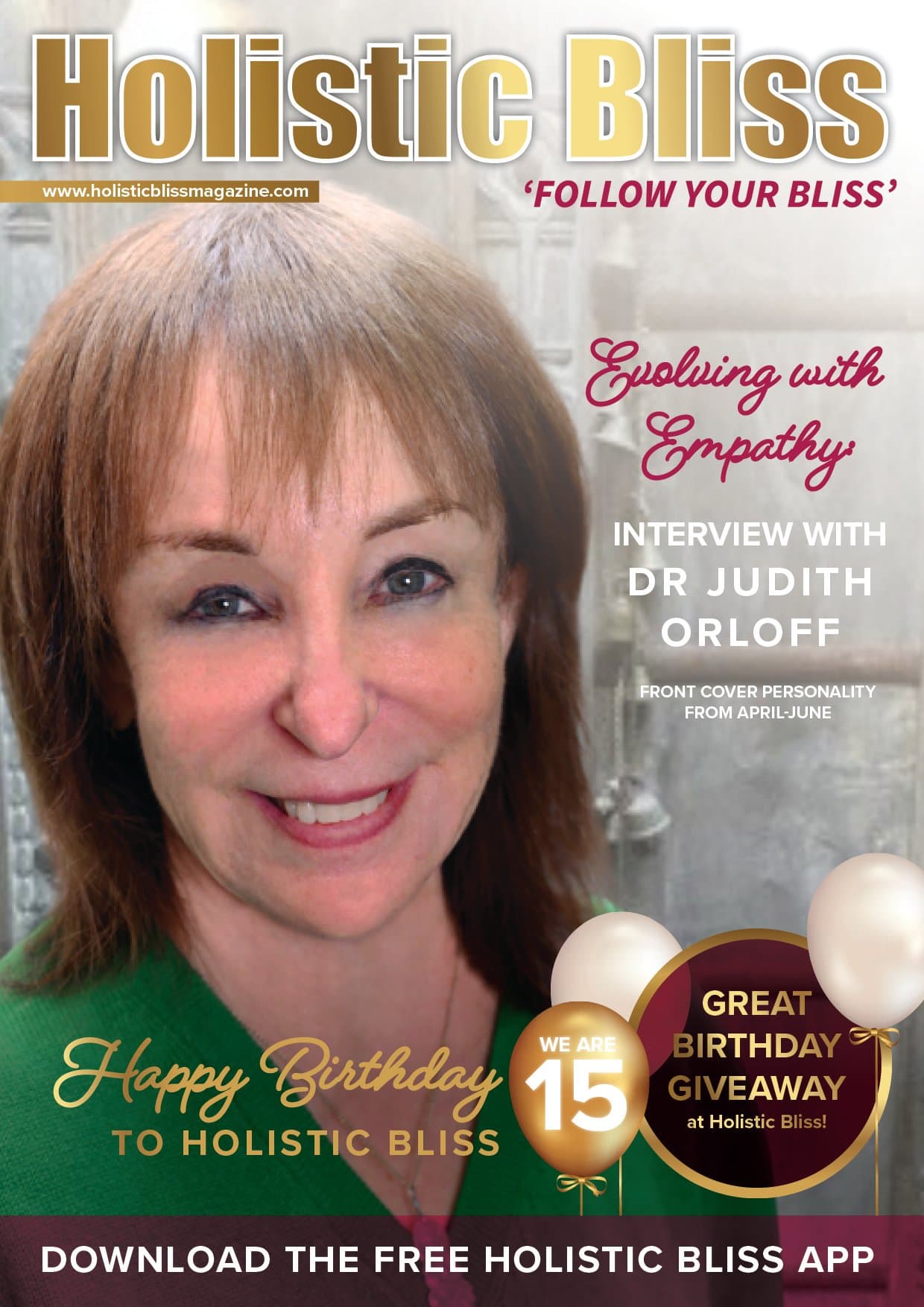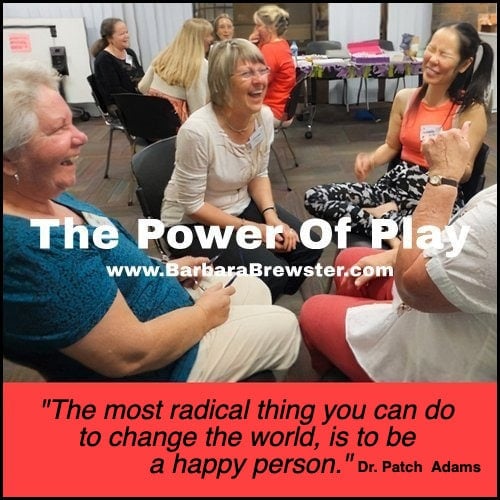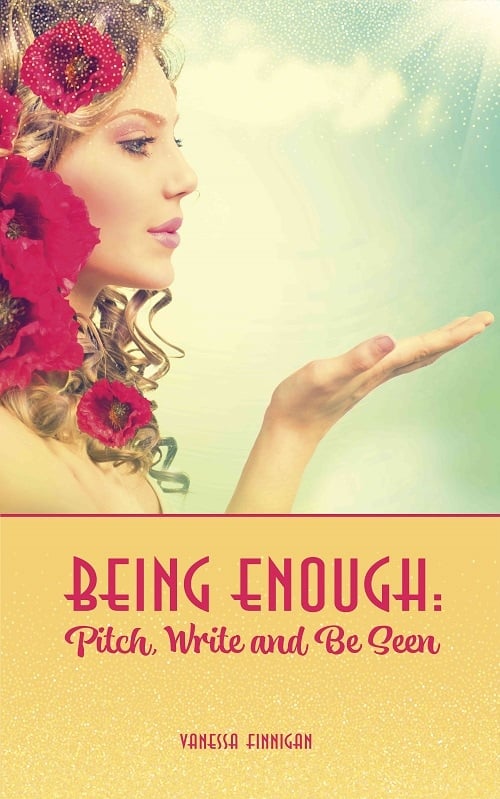The one concept in life to master your responses to unpleasant experiences.
I have taken training in the mindfulness school of thought, and I learnt one principle that can totally change our lives. It is this one: no-one can make you feel anything; only you can. Or, to put it differently: no-one is responsible for your feelings; only you are.
That’s quite a statement. We all are subjected to (sometimes very) unpleasant experiences in our life. And often, we look to external causes for our suffering, rather than (first) taking personal responsibility for it. We think we feel bad because we have been overpowered by people in authority; we may think that someone or something is to blame for our feelings; we may point fingers at the government, the economy, climate change, dictators, bad luck, or whatever else, and claim that those are the cause of our how we now feel.
When we do this, we give the power to make us feel anything away to external factors. We become a ‘victim or circumstance(s)’, which actually feels quite disempowering.
The odd thing is that we, as human beings, are a closed-loop system when it comes to our emotions and feelings. It is common knowledge within the counselling and psychology field that the thoughts we have about situations, the chemical responses in our bodies and the body sensations we feel are working together to create what we call our ‘feelings’. It takes too much to explain this in detail now, but the gist is that we create our feelings inside ourselves. In short: NOTHING can make us ‘feel’ anything at all (in terms of emotions and feelings); it all takes place inside our brain and body; it’s a closed-loop system.
If we are able to attribute our ‘negative’ feelings to our internal processes (thoughts, chemical reactions, body sensations, etc.), we can learn to see that we actually have a level of choice. We may be attached to certain expectations that influence our feelings. We may have ideas about what is ‘right’ and ‘wrong’, ‘just’ and ‘unjust’, ‘good’ and ‘bad’ that make us react negatively to certain events. We may have beliefs about how life ‘should be’ or how people should be treated (and treat us), and then react when it turns out in a very different way. There is choice in that, to a very high degree.
Now, don’t take this to an extreme. Obviously, there are plenty of events (certain crimes, trauma, assault, abuse, war, genocide, etc.) that would cause pretty much all of us to experience very negative emotions and feelings. To just say “you caused your own feelings about this” would be a massive insult, in that case. Nevertheless, the principle remains: emotions and feelings are created inside us, not by outside circumstances or people. And this could explain why some people feel totally devasted by traumatic events or other people’s actions, for instance, where other people seem to come out similar events relatively ok.
The concept of taking responsibility for our own emotions and feelings is sometimes called ‘experiential ownership’. Owning your own experiences (body sensations, emotions, feelings), rather than attributing them to external factors, can work very liberating. We can learn to minimise blaming, finger pointing and reacting to what happened with retaliation or revenge. Ideally, we first work with the feelings inside ourselves, before we take action to improve our situation.
I’ll explain a little more how this works in next month’s article. For now, play a bit with this concept. When something bad happens, or someone says something you feel pretty bad about, before you say or do anything else in reaction, take a step back on yourself and think: I have now caused myself to feel angry/sad/frustrated/overwhelmed/stressed, etc. How would I now like to respond in a way that helps both me and the situation/the other person?
Realise it’s your ideas, your thoughts, your beliefs and convictions that filter and interpret everything that happens and everything people say. You therefore also have the power to choose your response to these events and people (and don’t have to react instantly). Perhaps anger IS the right response. Perhaps being sad is entirely justified. Nevertheless, build in that little ‘choice-point’ before you react by blaming, retaliating, or by withdrawing and isolating. Choose your response mindfully; it may make a big difference in the result.










Add comment